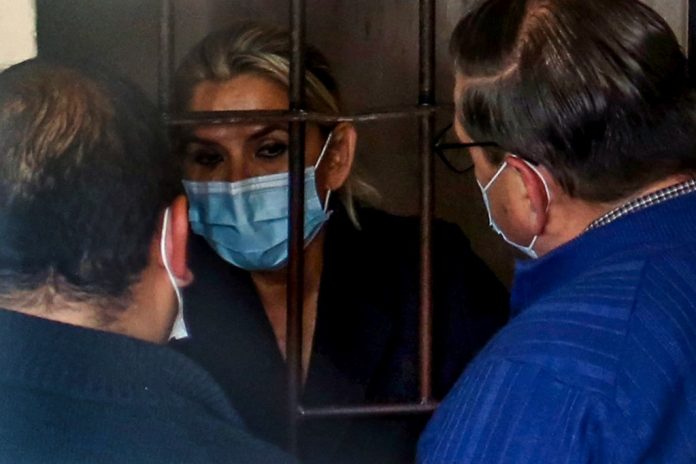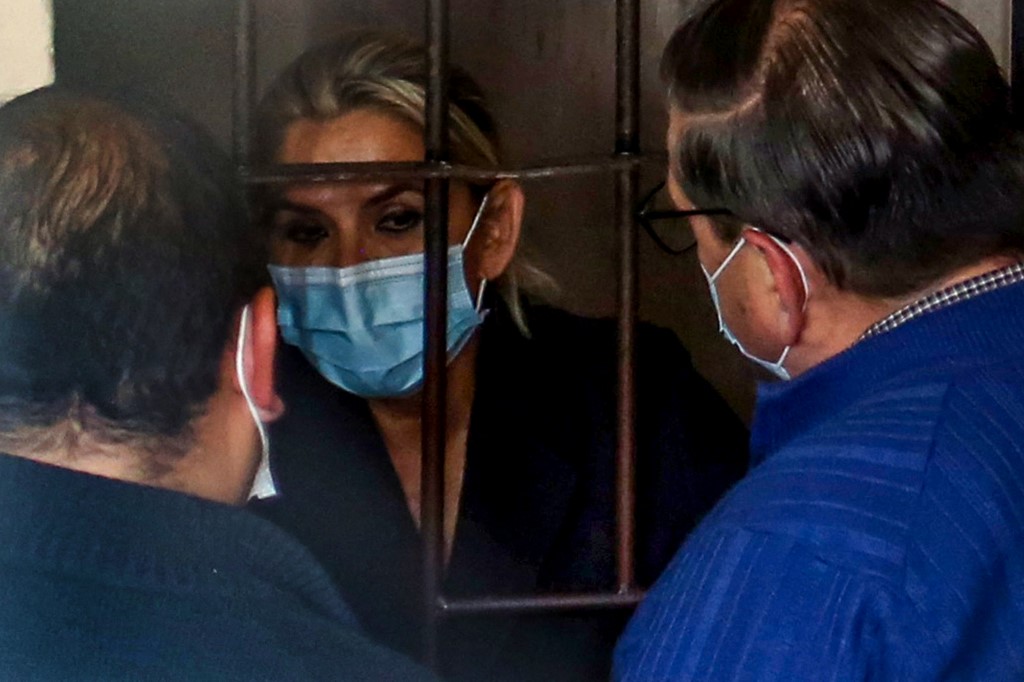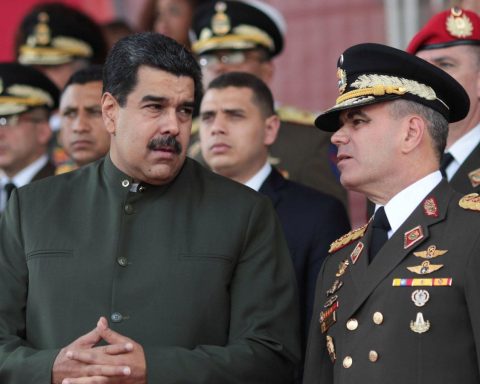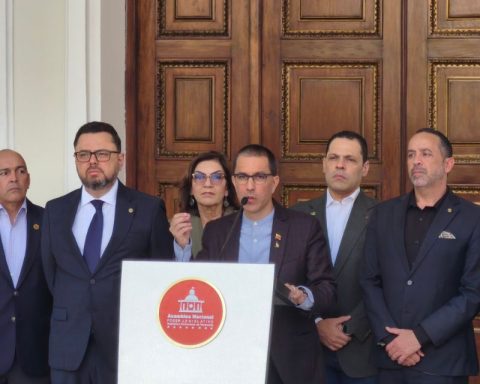
In a statement published by the Democratic Initiative of Spain and the Americas (IDEA), 23 former heads of state from Latin America and Spain stated this Friday that the criminal trial of former Bolivian president Jeanine Áñez is “arbitrary, abusive, illegal and unconstitutional.”
The former governors came out in defense of Áñez and the legitimacy of the transitory Presidency that he held from November 2019 and until the same month of 2020.
“Preserving the constitutional thread and the rules of succession in the midst of any political crisis, as the experience in Latin America shows, is the antidote against militaristic adventures and their coups,” the statement says.
The former rulers stress that a former president can only be prosecuted before the Supreme Court in a Responsibility Trial and that the accusation that he promoted and carried out a coup d’état is invented based on a fact that did not exist.
“The former president is illegally detained. While she was detained, this process was opened to her without the slightest foundation. She has unfolded her accusations with abrogated typifications », she points out.
In his opinion there is “an impossibility for the Bolivian State to guarantee justice to former President Áñez.”
For this reason and for the enormous damage that criminalizing the preservation of the constitutional thread means for democracies in the region, the former rulers consider that the witnesses and facilitators of the constitutional transition presided over by former president Jeanine Áñez should “repudiate the intention to sentence her arbitrarily , abusive, illegal and unconstitutional”.
Among those witnesses and facilitators are the United Nations (UN), the European Union (EU), the government of Spain, the Organization of American States (OAS) and the Catholic Church, according to the statement, which includes a detailed account of the crisis. that Bolivia experienced in 2019.
The former governors say that Áñez, second vice president of the Senate, assumed the Presidency due to the resignation of the president and first vice president of that chamber, in the midst of the deep crisis in which the country was plunged by the chain of constitutional violations committed by the former president Evo Moraleswho finally resigned and left the country.
“In the line of succession, it was legitimately up to him to lead the country,” they underline before recalling that the constitutional nature of his Presidency was even recognized by the Legislative Assembly and the Plurinational Constitutional Court, controlled by Morales’ party, the Movement for Socialism.
The transitional constitutional government of Jeanine Áñez was also recognized by the international community, including the United Nations, the Organization of American States, the European Union, the United States, Canada, Japan, Turkey, Russia, China, and countries in the region.
They also underline that Áñez, in strict adherence to the Constitution, recognized the result of the 2020 presidential elections, and left office on November 8, 2020, the day of the inauguration of Luis Arce, winner of the elections.
“Today, President Arce reneges on his words of recognition of the constitutional character of his predecessor, pronounced when he was a candidate, thus questioning his own legitimacy,” the statement says.
The document is signed by 23 former rulers, including the Costa Rican Óscar Arias, the Spanish José María Aznar, the Mexicans Vicente Fox and Felipe Calderón, and the Bolivians Carlos Mesa and Jorge “Tuto” Quiroga.















